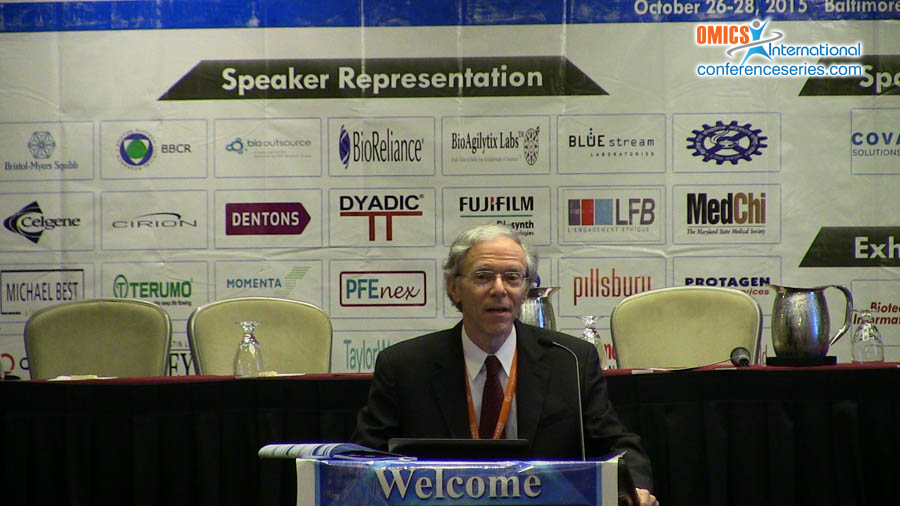
Ronald A Rader
Biotechnology Information Institute, USA
Title: Impact of the biosimilars pipeline and nomenclature on market development
Biography
Biography: Ronald A Rader
Abstract
The major factors that will most affect the evolution of the biosimilar markets, particularly, in the U.S. are the development pipeline and product nomenclature. There are more products, players and will be more competition than commonly presumed. As reported in the BIOPHARMA: Biosimilars/Biobetters Pipeline Database, there are now nearly 700 biosimilars and 500 biobetters in development worldwide. The market will be more like generic drugs, with many, often 10 or more, biosimilars competing with reference products and each other (along with biobetters and other new me-too products). The U.S. market will be chaotic, with many players having different goals and approaches to competing in the marketplace. The nomenclature/names to be applied to biosimilars will be the primary driver shaping their market, particularly marketing, in the U.S. The names used will control underlying perceptions of these products – whether biosimilars are each unique high-tech biopharmaceuticals or are rather generic, all much the same. The official FDA-designated non-proprietary product name to be used in marketing and labeling will determine U.S. biosimilars marketing. Generic-type names indicate products are the same and reduce or even eliminate the need for marketing, as with most generic drugs. More unique names indicate products are each different, not comparable, and require biosimilars be proactively marketed, much like innovator products. The impact of ongoing nomenclature activities by the FDA and WHO/UN, with its INN nomenclature and proposed worldwide Biological Qualifier (BQ) manufacturing site identifiers, will be discussed.

